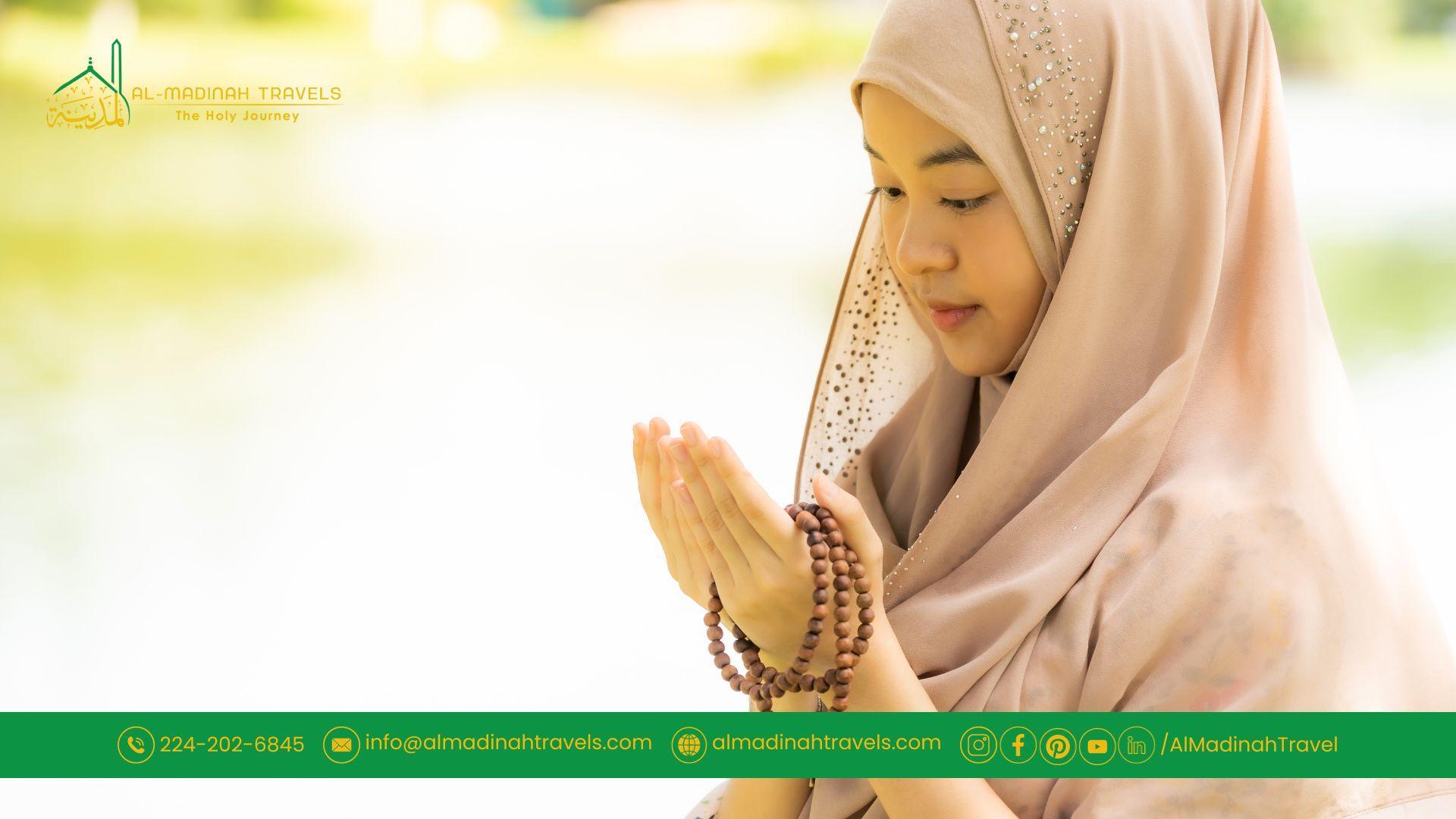
Umrah, a Muslim pilgrimage to the holy city of Mecca, is a deeply spiritual journey filled with Islamic rituals and traditions. While performing Umrah, Muslims often recite various duas (prayers) to seek Allah’s blessings, forgiveness, and guidance. In this blog post, we will highlight some important duas and rituals that you should consider during your Umrah pilgrimage.
1. Tawaf Dua at the Kaaba: As you perform Tawaf (circumambulation) around the sacred Kaaba, you can recite the following dua:
“اللَّهُمَّ اجْعَلْهَا لِي عِبَادَةً مَقْبُولَةً وَتَوْفِيقًا مُيَسَّرًا وَذَنْبًا مَغْفُورًا“ (Transliteration: Allahumma ij’alha li ‘ibadatan maqboolatan watawfeeqan mu’yassaran wathamban maghfooran) Translation: “O Allah, make it acceptable worship, easy success, and a forgiven sin for me.”
This dua, uttered while circling the Kaaba symbolizes your devotion and submission to Allah.
2. Sa’i Dua at Safa and Marwah:
During the Sa’i (walking between Safa and Marwah), you can recite this dua:
“رَبِّ اغْفِرْ وَارْحَمْ وَتُبْ عَلَيَّ إِنَّكَ أَنتَ التَّوَّابُ الرَّحِيمُ” (Transliteration: Rabbighfir warham watusabb ‘alayya innaka antat-Tawwabur-Raheem) Translation: “O my Lord, forgive me, have mercy on me, and accept my repentance. Indeed, You are the Accepter of Repentance, the Merciful.”
This supplication during Sa’i signifies your repentance and trust in Allah’s mercy.
3. Dua at Multazam Area:
At the Multazam area, between the Black Stone and the Kaaba’s door, you can make the following supplication:
“اللَّهُمَّ اجْعَلْهَا حَجًّا مَبْرُورًا وَذُنْبًا مَغْفُورًا وَسَعْيًا مَشْكُورًا وَعَمَلًا صَالِحًا مُتَقَبَّلًا“ (Transliteration: Allahumma ij’alha hajjan mabruran wadhamban maghfooran wasa’yan mashkooran wa’amalan salihan mutaqabbalan) Translation: “O Allah, make it a blessed pilgrimage, a forgiven sin, an appreciated effort, and righteous deeds accepted.”
Reciting this dua at the Multazam area reflects your sincere desire for blessings and acceptance from Allah.
While standing at Arafat, you can recite various duas, including seeking Allah’s forgiveness and guidance for yourself and all Muslims. Arafat is a significant moment during Hajj, and your prayers here hold great importance.
Conclusion:
Umrah is a spiritually uplifting journey filled with Islamic rituals and meaningful duas. These supplications, recited at various sacred locations, symbolize your devotion, repentance, and trust in Allah’s mercy and guidance. As you embark on your Umrah pilgrimage, remember to recite these duas with a humble heart and sincere intention, and may your spiritual journey be accepted and your prayers answered.